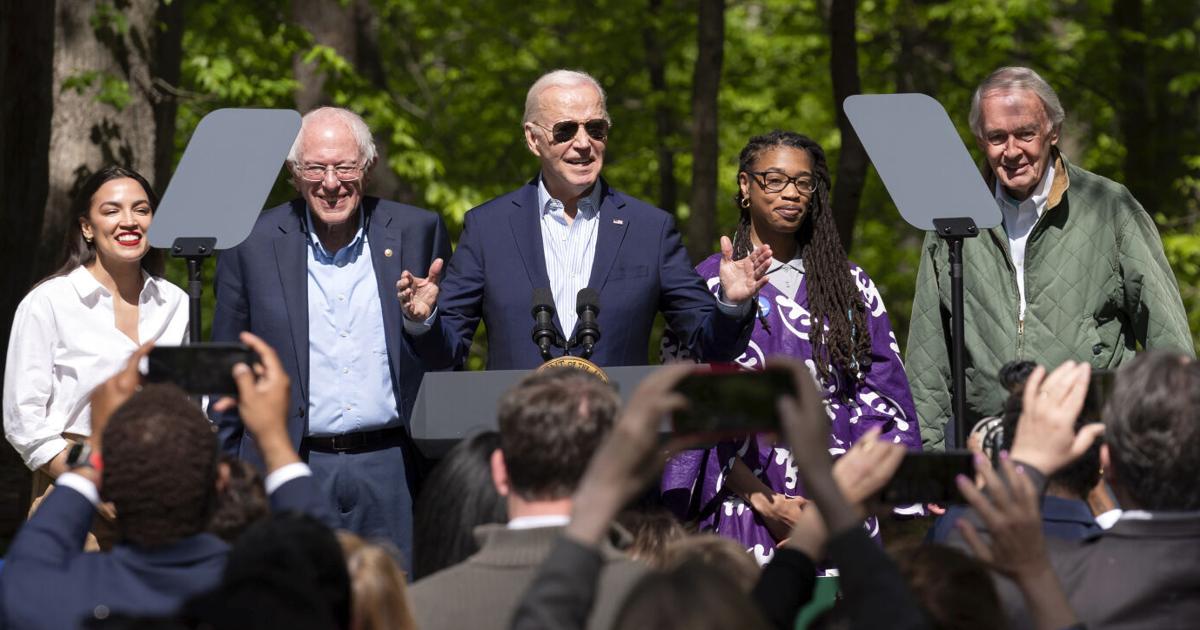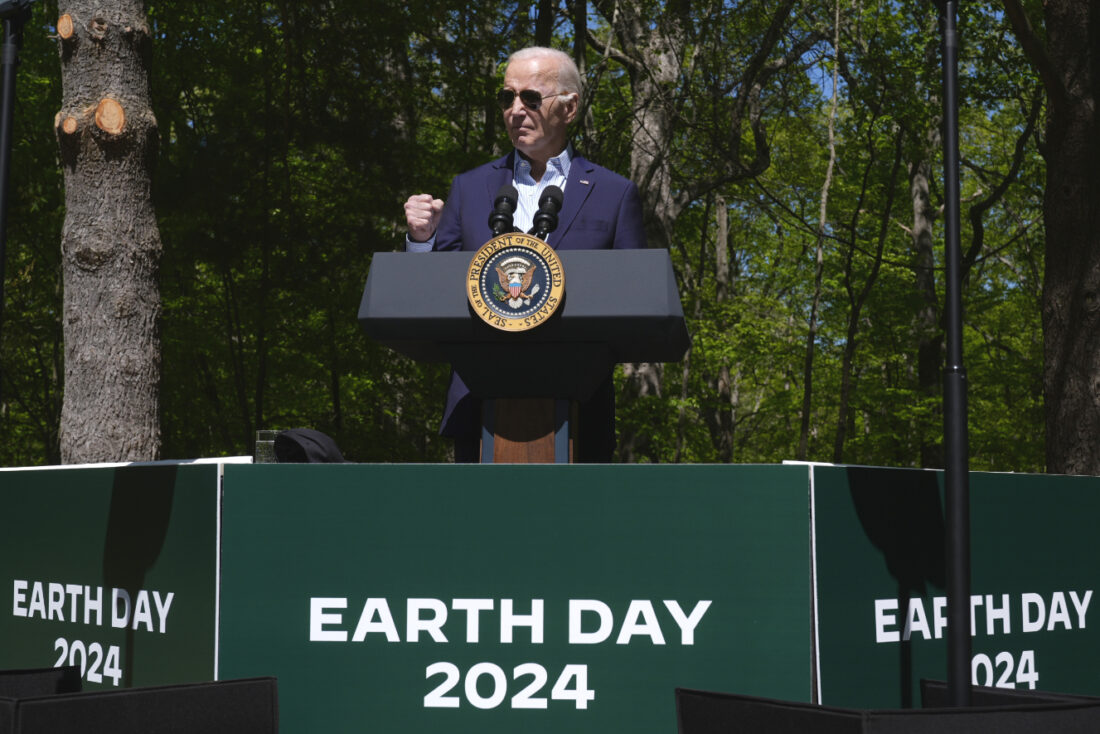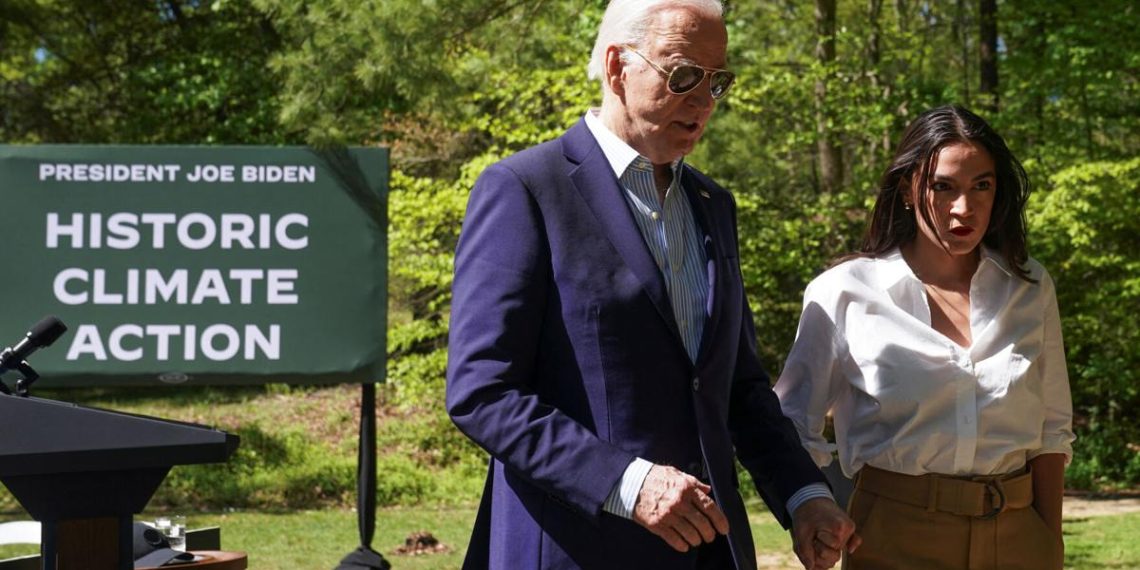President Joe Biden commemorated Earth Day by introducing a $7 billion grant program for residential solar projects, aiming to provide solar power to nearly a million low-income households.
The announcement, made at Prince William Forest Park in Virginia, underlined Biden’s administration‘s dedication to combating climate change.
The initiative, part of the Environmental Protection Agency’s Solar for All grant competition, is a key component of the Inflation Reduction Act, anticipated to generate 200,000 jobs and save participating households approximately $400 annually.

Biden emphasized the significance of Solar for All, stressing that it would offer relief to low-income families burdened by high energy costs.
The initiative targets 60 state and local agencies and non-profit organizations, focusing on aiding residents in underserved communities to adopt solar energy and reduce utility expenses.
Selected organizations plan to extend solar access to Native American households across several states, including Alaska, Arizona, New Mexico, and Colorado.
Residential solar adoption has traditionally been challenging for lower-income Americans due to the upfront costs and housing circumstances.
Solar for All aligns with Biden’s commitment to directing 40% of federal clean energy investments toward disadvantaged communities, aiming to democratize access to renewable energy.
In addition to the solar initiative, Biden announced the American Climate Corps, a program aimed at preparing young people for careers in climate-related industries.
With 2,000 open positions in 36 states, Washington, D.C., and Puerto Rico, the Climate Corps aims to train over 20,000 individuals.

Participants will receive pre-apprenticeship training through partnerships and gain access to federal government job opportunities.
The Earth Day announcements underscored Biden’s holistic approach to addressing climate change, emphasizing job creation, equity, and environmental sustainability.
As the Biden administration amplifies its climate efforts, initiatives like Solar for All and the American Climate Corps stand as pivotal steps toward a cleaner, more resilient future.






